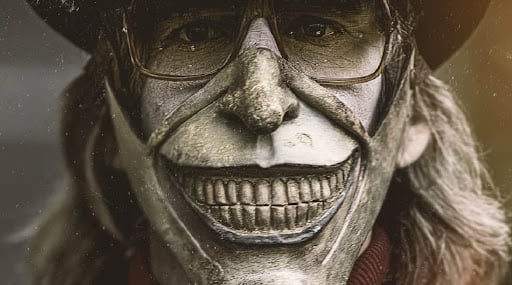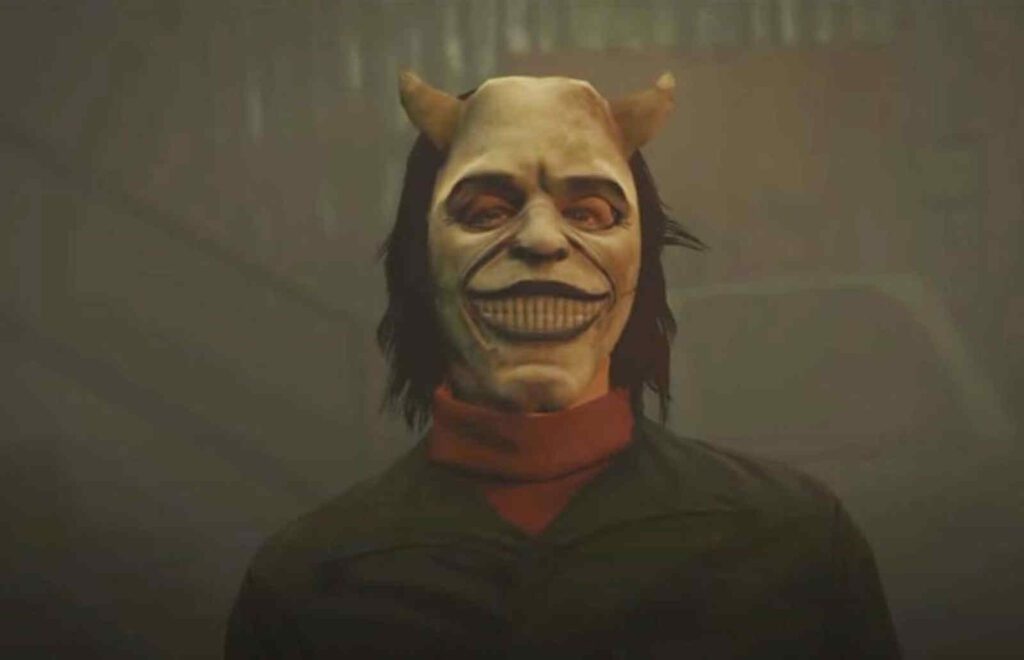
The Black Phone Quizzes
The new horror movie The Black Phone is a great hit and inspired many people to make quizzes about it. Today we will take a look at few of them.
When I was 13 years old, I watched a slideshow of violence and gore in Scott Derrickson’s “Sinister,” and it was the first movie that made me tremble in the dark and clench my fingers on the bedsheets. It still makes me shiver after ten years and the addition of innumerable horror films to my watch list.
I was struck with eager dread when I learned that Derrickson, co-writer Robert Cargill, and star Ethan Hawke would all be reuniting for “The Black Phone.” The effects of Derrickson’s actions are what bind his victims. Whereas “Sinister” had its victims entangled in a web that guaranteed their death, “The Black Phone” weaves a thread of survival amongst its victims.
The movie was so interesting that inspired people to make quizzes on which of the victims you are most similar to, or perhaps you are The Grabber. Here two most interesting quizzes that we found.

Scuffed Entertainment Black Phone Quiz
Their quiz consists of 30 questions that are somewhat random, but in a funny way they can guess which Black Phone character are you? You need to watch the movie first so you can compare some of the questions with your actual personality and see if they get it right. Scuffed Entertainment also provide wide variety of quizzes on their website for each new tv-show and movie that comes out.
Quizience Black Phone Quiz
This website is still pretty new website in terms of how long they are making quizzes, but their quality is quite good. For the Black Phone Quiz they are using specific method of determining which character you are. Their quiz is based on the Black Phone characters MBTI type, in that way you can be sure they will guess your character right. For example Finney is INTP type and The Grabber is INFP type.

The Black Phone Movie Introduction
The Black Phone, based on the short novel of the same name by Stephen King’s son Joe Hill, tells the thrilling story of The Grabber, a child killer who kidnaps teenage boys in broad daylight and never lets them see them again. The Grabber’s former victims start calling Finney (Mason Thames), the next captive, through a disconnected landline when he is being held in a soundproof basement.
The movie has a retro aesthetic that calls to mind old images and the time of striped baby t-shirts, flared trousers, and The Ramones. The screen is flooded with warm browns and oranges, film grain, and filtered light. But the horror of Derrickson has tainted this picture-perfect suburb of the 1970s.
The vibrant blood and the neon of the police lights are the only deviations from the otherwise monotone color scheme, making these moments all the more startling. Rust and blood are used as paintbrush strokes to create an evidence mural of unrestrained violence on the basement’s worn concrete walls. A bassy, powerful music that at times seems like you are hearing it from underground in the Grabber’s cellar replaces the joyful ’70s soundtrack and resonates in your ribs and eardrums. A vision of bloody knees and a stack of missing people posters is intercut with nostalgic B-roll of the idyllic everyday activities of suburban youth—popsicles, baseball games, and sunny avenues—during the opening credits of the movie.

Our Review of the Movie
Derrickson, who co-wrote the screenplay with C. Robert Cargill, brings back memories of his own youth by evoking a time when Ted Bundy was making headlines and “The Texas Chain Saw Massacre” was playing at the drive-in. The graphics in the film have a mellow, antique shine that heightens the sentimental feeling while easing the anxiety. (For instance, contrast Georgie’s abduction in the 2017 horror film “It” with Finney’s kidnapping; both include balloons and a masked monster, but only one is frightful.) It doesn’t help that Hawke is stuck playing a torturer who primarily uses complex hand motions to inflict pain.
“The Black Phone” appears inescapably unoriginal since it extensively draws from Hill’s father Stephen King’s well-known narrative obsessions, such as brave children, careless parents, and spooky clowns and their accessories. The teen fears are prominently featured, the young performers are endearing, and the environment is lovingly conceived. Those concerns were more than enough to send chills down the spine for the majority of us.



